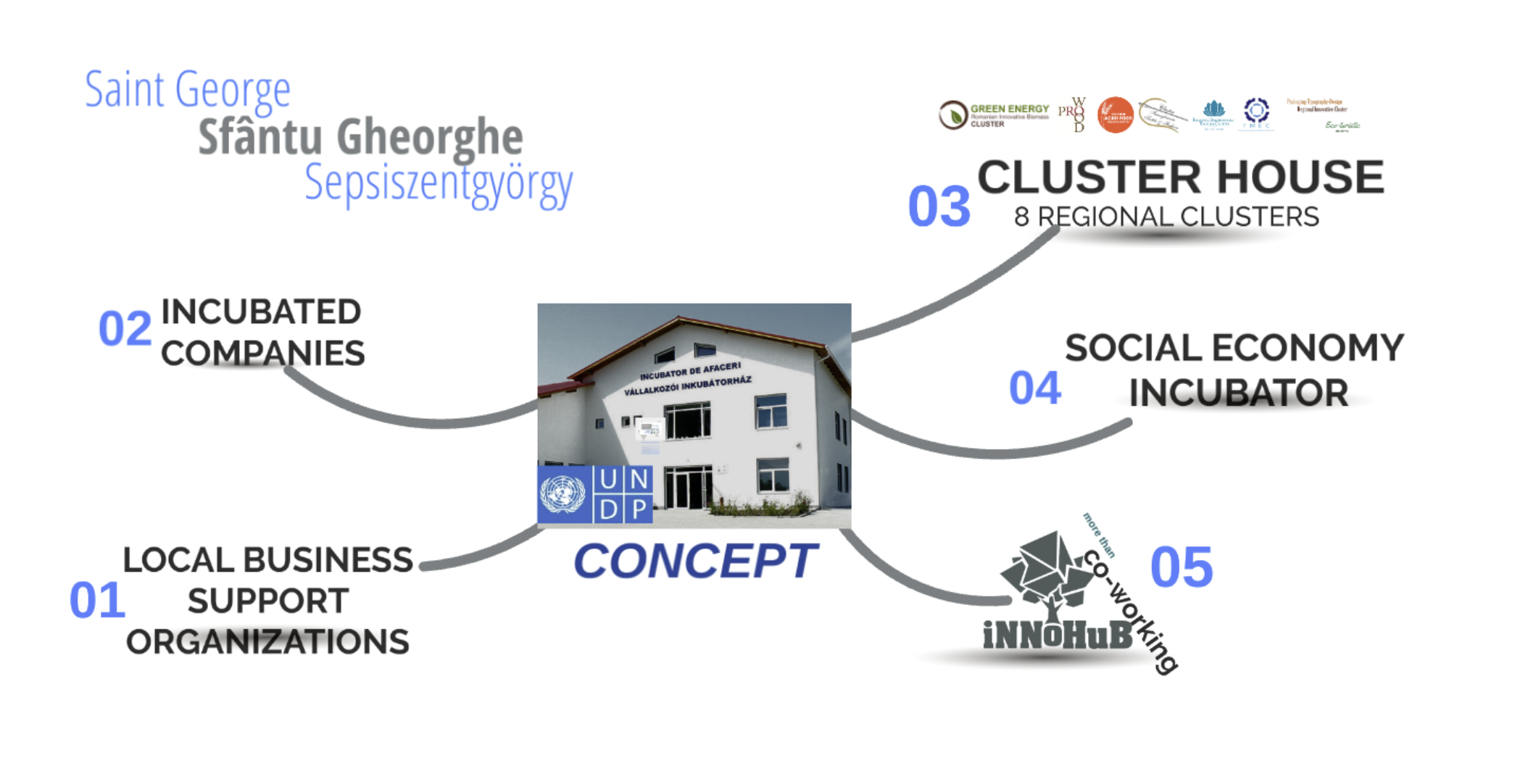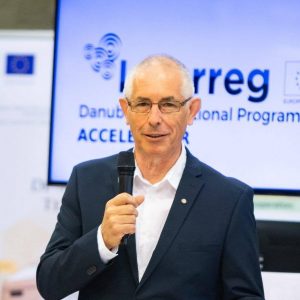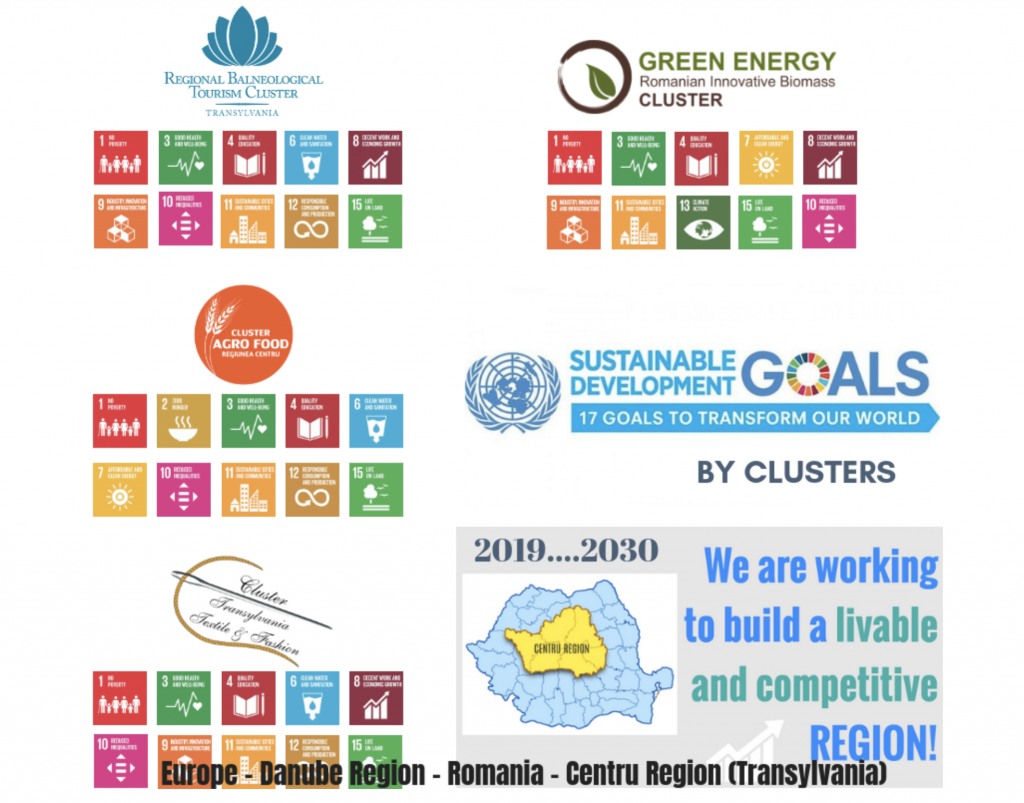A great idea isn’t enough for a business to prosper with limited funding: more than 90% of startups fail after the incubating period ends because today’s highly competitive market doesn’t tolerate mistakes. Something similar applies to business incubators, too: if the leadership lacks clear vision about the future, a well-developed strategy, and knowledge of the local business environment, they are bound to fail, too.
Talking about values may not be as trendy as talking about money, but business experience shows that the best way to survive harsh competition for a vulnerable and/or freshly launched business is to acknowledge that the value it creates as a value chain can help the entrepreneur to discern areas of business that are inefficient and implement strategies that will optimize procedures for maximum efficiency and profitability. For that to happen, however, you either need a mentor who keeps an eye on your progress and provides advice, or to step into an environment which gives you instant access to knowledge, and instant feedback on everything and guides you in finding your place in a chain of values already present in the market you are targeting. That’s the role the business incubator lead by Lajos Vajda and his team have assumed, combined with a well-developed strategy that seeks to develop solutions for timely matters that concern the local community.

There are no specific working hours, but the parking lots at No.4 Press Street in Sepsiszentgyörgy are always full. Everyone arrives at work at a time they are comfortable with, and friendships and business partnerships are born there, because the business incubator located in the center of the city has become a meeting place for young entrepreneurs who prosper because they have realized the best way to grow their business is by creating a collaboration chain that is able to solve timely problems of the local Szeklerland community.
One of the most important achievements of the business incubator is the good atmosphere that welcomes everyone who steps into the building, Lajos Vajda, the director of the Sepsiszentgyörgy business incubator told Transylvania Now in a phone interview.
The Sepsiszentgyörgy/Sfântu Gheorghe business incubator is among the first founded in Romania based on examples seen in Hungary. Since 2006 when the first national program was founded through the UNDP program, which sought to incubate companies in Covasna County, this building has grown into a vibrant space where young entrepreneurs walk in to share their experience and learn about new business ideas that focus both on local and international needs.
Unlike the majority of business incubators founded through the national program, this space has survived, because Vajda and his team acknowledged the untold risks such programs carry and, instead of fostering individuals, the incubator has started to build a vibrant community.

That’s the “secret recipe” which secured the future of a building populated by enthusiastic young entrepreneurs, which grew alongside the incubator house. The national program allowed the incubator to host 40 companies, but after the financing ended, only half of them stood the test of time.
As the unfortunate example of the Maros/Mureș County business incubator (and the rest) shows, without funding the places built for this purpose are lying unoccupied. However, that doesn’t apply in Sepsiszentgyörgy’s case. Vajda and his team’s forward thinking quickly identified the threat of headless running, so they planned well ahead before the funding was cut off from such programs. By combining the freshly born business ideas with know-how and local demand, Mr. Vajda and his team started to take the incubating process to a whole new level. They have become the host of a multi-level collaboration that involves businesses, researchers, and local authorities.
“In 2010 we established the Pro Wood Cluster, which was the first cluster in Romania,” Vajda said. The first step, however, was preceded by lengthy preparation that included an application to the FP7 framework program and visits to countries such as Finland to get the know-how in this area. “After that, things gained traction and became more and more interesting: what happens with the waste generated by the wood processing industry? A local entrepreneur has tapped into this issue and developed a smart boiler that utilizes the solid biomass to transform it into a renewable energy source. This innovation and the value chain that comes with it have become the foundation of the Green Energy Innovative Biomass Cluster, the second cluster to find a home in the business incubator. That happened in 2011.”

Since then, the business incubator in Sepsiszentgyörgy has become the home of a variety of cluster management companies, which all nicely align their specific value chains; hence the space allocated for incubating purposes has kept on service the scope it was created for. Unlike other failed business incubators, this one continues to be a vibrant space where local and international projects are born, developed, and implemented, keeping the pulse of the Kovászna/Covasna County business market at a healthy level.
Their efforts go beyond the borders of the county and even Romania – since the majority of the projects involves international partners from across the globe –, and the main goals of clusters nicely align to the 17 global goals set by the United Nations General Assembly in 2015 for the year 2030.